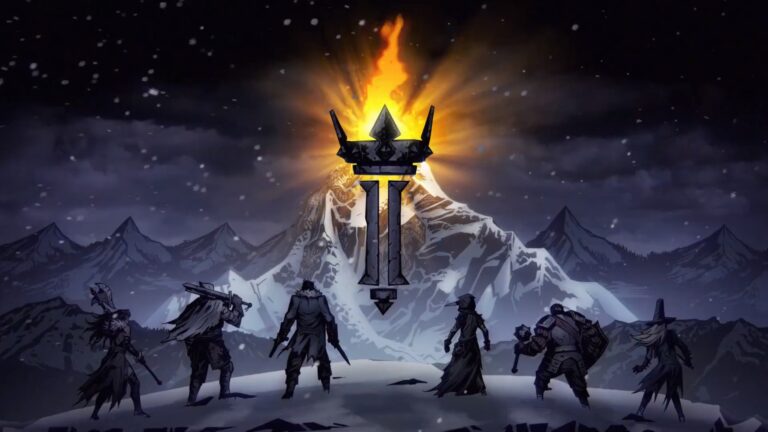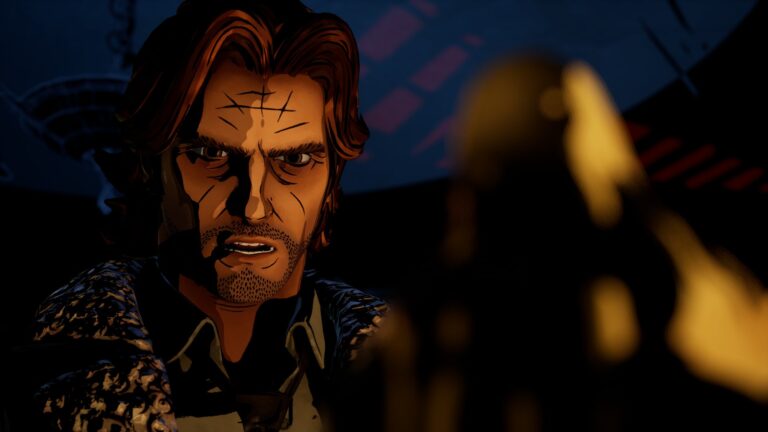Ubisoft has been a popular subject in the news as of late, encouraging speculation and rumors regarding the next Assassin’s Creed game. Catching the public off-guard, the company announced that it is switching its focus to free-to-play mobile games, an odd choice since most Ubisoft games are AAA open world titles. It’s hard to imagine Assassin’s Creed will go mobile, given that it is perhaps Ubisoft’s premier franchise. Nevertheless, the next entry will undergo numerous franchise-altering changes if these latest rumblings prove to be true.
One pervasive rumor currently in circulation suggests Assassin’s Creed will draw inspiration from Uncharted, which could mean a reduction or replacement of its open world. After all, Uncharted is a linear story-focused series, in many ways the polar opposite of Assassin’s Creed’s open-world RPG approach. If Ubisoft does intend to go this route, a greater degree of restraint may prove useful for sustaining Assassin’s Creed in the long run, especially if the games can hone in on some of Uncharted’s best qualities.
1. Strong, character-driven storytelling
The end of Assassin’s Creed Valhalla made it clear that Ubisoft is ready to revisit and expand upon the present day storyline once again. Whereas several Assassin’s Creed games put this particular storyline on the backburner, Valhalla advanced the narrative by continuing dangling story threads from 8 years prior. This willingness to move the modern portion of the franchise’s ongoing narrative forward would certainly fall in line with the notion of Assassin’s Creed taking cues from Uncharted’s greatest narrative strength: its characters.
Though its creators’ Naughty Dog are well known for delivering stories that are unmatched in the wider industry, the Uncharted games, in particular, showcase their capacity for developing characters that are both immediately endearing and capable of intriguing growth. Uncharted focuses on the charming Nathan Drake and his ragtag group of treasure hunters. Over the course of the games, Drake and company reckon with the conflict between their desire for adventure and their ties to family. Uncharted’s increasingly deep and entertaining cast remains a significant draw to this day, which could serve as an example to Assassin’s Creed.
2. A Semi-open world design
The current gameplay mold of Assassin’s Creed is defined by quantity, often to the detriment of quality. From Assassin’s Creed Origins to the present, the games have committed to depicting their particular historical locations as gigantic open-world maps littered with quests and items. Though expansive in scope, these maps are often a tedious barrier to the more compelling mission objectives. Amusingly, Assassin’s Creed’s present open-world woes stand in stark contrast to the criticisms raised regarding Uncharted’s typical level design.
Having faced complaints of overt linearity and a dearth of player choice in their work, Naughty Dog has recently taken steps to expand the scale of areas in the Uncharted games while still maintaining the series’ focused narrative structure. For instance, a chapter in Uncharted: The Lost Legacy titled “The Western Gnats” gave dual heroines Chloe and Nadine an area for optional exploration before moving into a linear portion of the game. Such a balance between creating a sense of freedom and keeping the overall experience tight could prove useful to future Assassin’s Creed games.
3. Set Pieces in Profusion
Above all, Uncharted is known for its embrace of over the top set pieces that are evocative of blockbuster action movies. Uncharted 3: Drake’s Deception, for example, had Drake clamoring onto a plane in takeoff, only to undergo a desperate skydiving escape. Assassin’s Creed, a series plagued by repetitive content, might benefit from depicting such blockbuster moments.
We’re certain that this could work, as earlier Assassin’s Creed titles dabbled in similarly grandiose action sequences. Consider the siege of Monteriggioni from the opening of Assassin’s Creed: Brotherhood, in which Ezio Auditore had to run through a collapsing city while cannonballs reigned down from above. Brotherhood’s sequel Assassin’s Creed: Revelations also included some high-flying chase scenes and a fiery attack on an enemy fleet. Given the series’ own history, revisiting the concept of scripted set pieces in a future Assassin’s Creed title is far from a foolish idea, particularly if Ubisoft pays close attention to the manner in which Naughty Dog integrated such sequences into play.
The key to Uncharted’s success in this area was its willingness to switch up gameplay scenarios. Drake could be walking the dense Rub’ al Khali desert, only to participate in an epic chase scene a few chapters later. That ability to pivot to new situations and provide variety without sacrificing tension or audience engagement would be a major boon for Ubisoft.
4. A Shorter, More Focused Campaign
As has become apparent, recent criticism of Assassin’s Creed is centered on the games’ bloated and scattershot nature. Assassin’s Creed can be said to many things but ‘focused’ is not one of them; these games often tease the player with an overindulgent amount of side missions and collectibles. This is made worse by the side content being tied to player rank, rendering such activities tedious chores instead of fun excursions. This failure by developers to curate and control their games’ content is, notably, not a problem shared by Uncharted.
Indeed, Uncharted’s restraint when it comes to tangential gameplay sets a strong example for others. Uncharted’s side content, which involves searching for glimmering treasure, never felt like a substantial addition and lacked any significant rewards. One can only hope that an Uncharted-inspired Assassin’s Creed project could find a similar middle ground between content density and sparseness, though that may require examining the structure of the broader campaign.
It’s possible to see how the full experience of an Assassin’s Creed game can be smothered by its systems when looking at its most recent entry, Assassin’s Creed Valhalla. The Valhalla campaign told an intriguing story about a brother and a sister, but that compelling central thread was often overshadowed by the alliance mechanic. Before seeing the end of Eivor’s story, the player must align with every region, contributing to a sense of fatigue as they reach the game’s conclusion. Valhalla’s stumbles illustrate how Assassin’s Creed’s enduring problems can be traced back to the decision to produce long campaigns with aimless design.
5. Smarter Parkour
One thing we miss from the older Assassin’s Creed games is the strategic approach to parkour. Navigating the rooftops of Venice in Assassin’s Creed II felt like a mini-puzzle, only undermined by outdated controls. Now, to facilitate quick navigation, players can simply tilt the thumbstick up to climb any structure or mountain. The loss of challenge in the name of streamlined controls and fluid movement comes across as a creative decision that strips away part of the series’ charm, with little to show for it.
In an effort to redefine its identity, Assassin’s Creed might do well to take cues from Uncharted’s platforming and use them as the foundation of a more refined climbing system. Those who have played the Uncharted games will know that climbing often feels like a puzzle in and of itself, yet the fast and responsive controls lessen any unintended frustration. From where we sit, it seems obvious that this basic framework could help support the new design of future Assassin’s Creed titles, if this is the planned direction.
No related posts.






